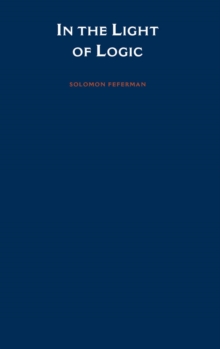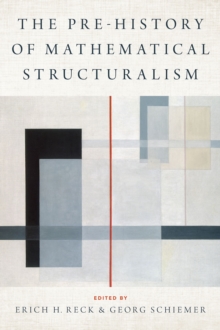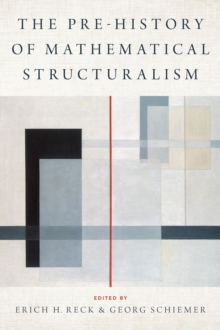
The Logic of Reliable Inquiry PDF
by Kevin T. Kelly
Part of the Logic and Computation in Philosophy series
Description
There are many proposed aims for scientific inquiry--to explain or predict events, to confirm or falsify hypotheses, or to find hypotheses that cohere with our other beliefs in some logical or probabilistic sense.
This book is devoted to a different proposal--that the logical structure of the scientist's method should guarantee eventual arrival at the truth given the scientist's background assumptions.
Interest in this methodological property, called "logical reliability," stems from formal learning theory, which draws its insights not from the theory of probability, but from the theory of computability.
Kelly first offers an accessible explanation of formal learning theory, then goes on to develop and explore a systematic framework in which various standard learning theoretic results can be seen as special cases of simpler and more general considerations.
This approach answers such important questions as whether there are computable methods more reliable than Bayesian updating or Popper's method of conjectures and refutations.
Finally, Kelly clarifies the relationship between the resulting framework and other standard issues in the philosophy of science, such as probability, causation, and relativism.
His work is a major contribution to the literature and will be essential reading for scientists, logicians, and philosophers
Information
-
Download - Immediately Available
- Format:PDF
- Publisher:Oxford University Press
- Publication Date:04/01/1996
- Category:
- ISBN:9780195357875
Information
-
Download - Immediately Available
- Format:PDF
- Publisher:Oxford University Press
- Publication Date:04/01/1996
- Category:
- ISBN:9780195357875










